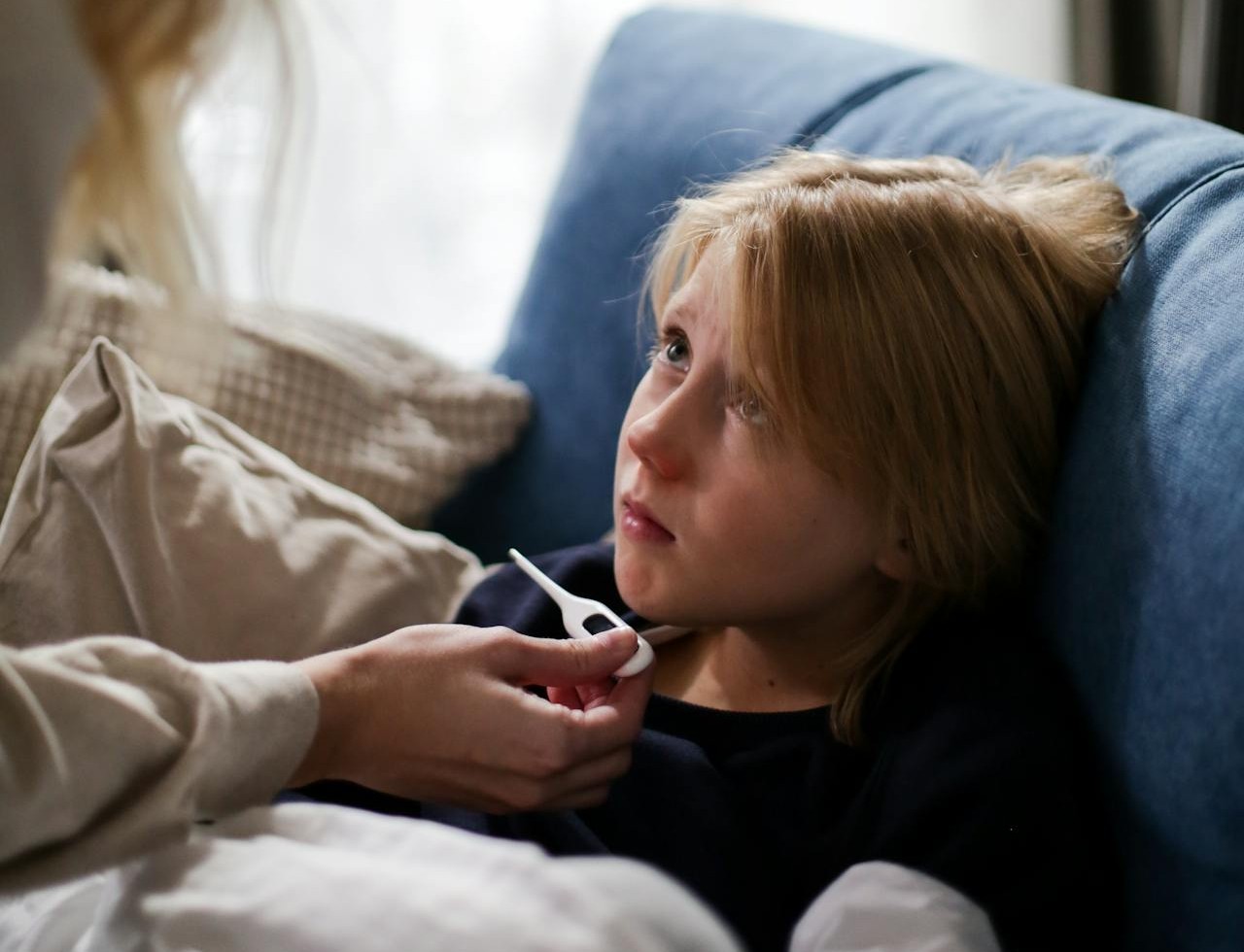When it comes to children’s health, parents often look for safe and effective solutions that support their little ones’ growth and well-being. Homeopathy, a system of medicine developed over 200 years ago, is increasingly being explored as an option. Its gentle approach and focus on stimulating the body’s natural healing processes make it appealing, especially for children.
This blog post will explore four key reasons why homeopathy can be beneficial for kids, supported by scientific evidence.
1. Minimal Side Effects Compared to Conventional Drugs
Children’s bodies are still developing, making them more sensitive to medications. Homeopathic remedies, made from highly diluted natural substances, have an excellent safety profile.
Scientific evidence backs this up. A 2018 systematic review published in Complementary Therapies in Medicine analyzed several studies and concluded that homeopathy has minimal side effects compared to conventional treatments. This is particularly important for kids who might react negatively to stronger medications like antibiotics or painkillers.
For example, a common challenge parents face is teething pain. Over-the-counter medications like acetaminophen (paracetamol) or ibuprofen come with potential risks, such as liver damage when overdosed. Homeopathic remedies like Chamomilla provide a safer alternative by targeting the irritability and discomfort associated with teething, without introducing chemicals into the body.
2. Supports the Body’s Natural Healing Processes
Homeopathy works by stimulating the body’s innate ability to heal itself. This principle is supported by emerging research. A 2020 study in The Journal of Alternative and Complementary Medicine discussed how certain homeopathic remedies might trigger regulatory responses in the immune system, helping the body fight infections and recover faster.
For children who frequently catch colds or experience mild fevers, homeopathy can offer gentle relief. For instance, Pulsatilla is often used for colds with thick nasal discharge, especially when symptoms worsen at night. Instead of suppressing the symptoms, these remedies encourage the body to resolve the issue naturally.
Parents also find this approach reassuring because it focuses on long-term health rather than just managing symptoms temporarily.
3. Effective for Chronic, Non-Severe Conditions
Children often face recurring health problems like eczema, allergies, or digestive issues. Homeopathy has shown promise in managing these chronic but non-life-threatening conditions.
A 2021 study in BMC Complementary Medicine and Therapies examined the use of homeopathy in children with eczema. The results showed that children receiving homeopathic treatments experienced significant improvement in symptoms compared to those receiving standard care alone. Remedies like Sulphur or Graphites are commonly used to reduce itching and inflammation in a gentle way.
Allergies are another area where homeopathy shines. Children with hay fever or dust allergies can benefit from remedies like Allium cepa, which reduces sneezing and runny nose symptoms. Since homeopathic remedies do not rely on antihistamines, they avoid side effects like drowsiness, allowing children to go about their day normally.
4. Reduces Overuse of Antibiotics
Antibiotic resistance is a growing global concern. According to the World Health Organization (WHO), overuse of antibiotics is a major contributor to resistant bacteria. In many cases, children are prescribed antibiotics for conditions like ear infections or sore throats, even when these are caused by viruses that antibiotics cannot treat.
Homeopathy offers an alternative for mild infections where antibiotics might not be necessary. A 2017 study in Homeopathy showed that children treated with homeopathy for upper respiratory tract infections needed fewer antibiotics and had comparable recovery rates to those treated with conventional medicine.
For example, Belladonna is a popular homeopathic remedy used for children with fevers and sore throats, while Hepar Sulphuris is often recommended for early-stage ear infections. These remedies help alleviate symptoms and support recovery without resorting to antibiotics unless absolutely necessary.
This not only protects children from unnecessary medication but also contributes to combating antibiotic resistance in the long term.
Practical Tips for Using Homeopathy Safely
If you’re considering homeopathy for your child, keep these tips in mind:
- Consult a Qualified Practitioner
Homeopathy is highly individualized. A trained homeopath will evaluate your child’s specific symptoms, personality, and overall health to recommend the most suitable remedies. - Don’t Replace Emergency Care
While homeopathy is helpful for chronic or mild conditions, it should not replace conventional medicine in emergencies, such as high fevers, severe infections, or injuries. Always seek immediate medical attention when needed. - Check for Evidence-Based Practices
Choose remedies and approaches that have scientific backing. Avoid self-diagnosing or using remedies without proper guidance. - Monitor and Evaluate Progress
Homeopathy often works gradually. Keep track of your child’s symptoms and communicate with your practitioner to adjust treatments if necessary.
Final Thoughts
Homeopathy offers a gentle and science-backed option for managing many common childhood conditions. With its minimal side effects, ability to stimulate the body’s natural healing processes, and effectiveness in chronic conditions, it can be a valuable part of a child’s healthcare plan.
While it’s not a cure-all and should be used alongside conventional medicine when necessary, homeopathy provides a safe and thoughtful approach to supporting children’s long-term health.
For parents seeking natural and effective ways to care for their kids, homeopathy is worth exploring with guidance from a qualified practitioner.
If your child is facing common health challenges, homeopathy offers a safe and gentle way to support their well-being.
Unlike conventional treatments, homeopathy works with their body’s natural healing processes, minimizing the risk of harsh side effects.
Homeopathic remedies are carefully chosen to address the root causes of issues like teething pain, colds, or allergies, providing long-term support for your child’s health and comfort.
If you’re looking for an effective and natural approach to your child’s healthcare, we offer a range of homeopathic options tailored to meet their needs.
Feel free to reach out and learn how homeopathy can help your child thrive!

